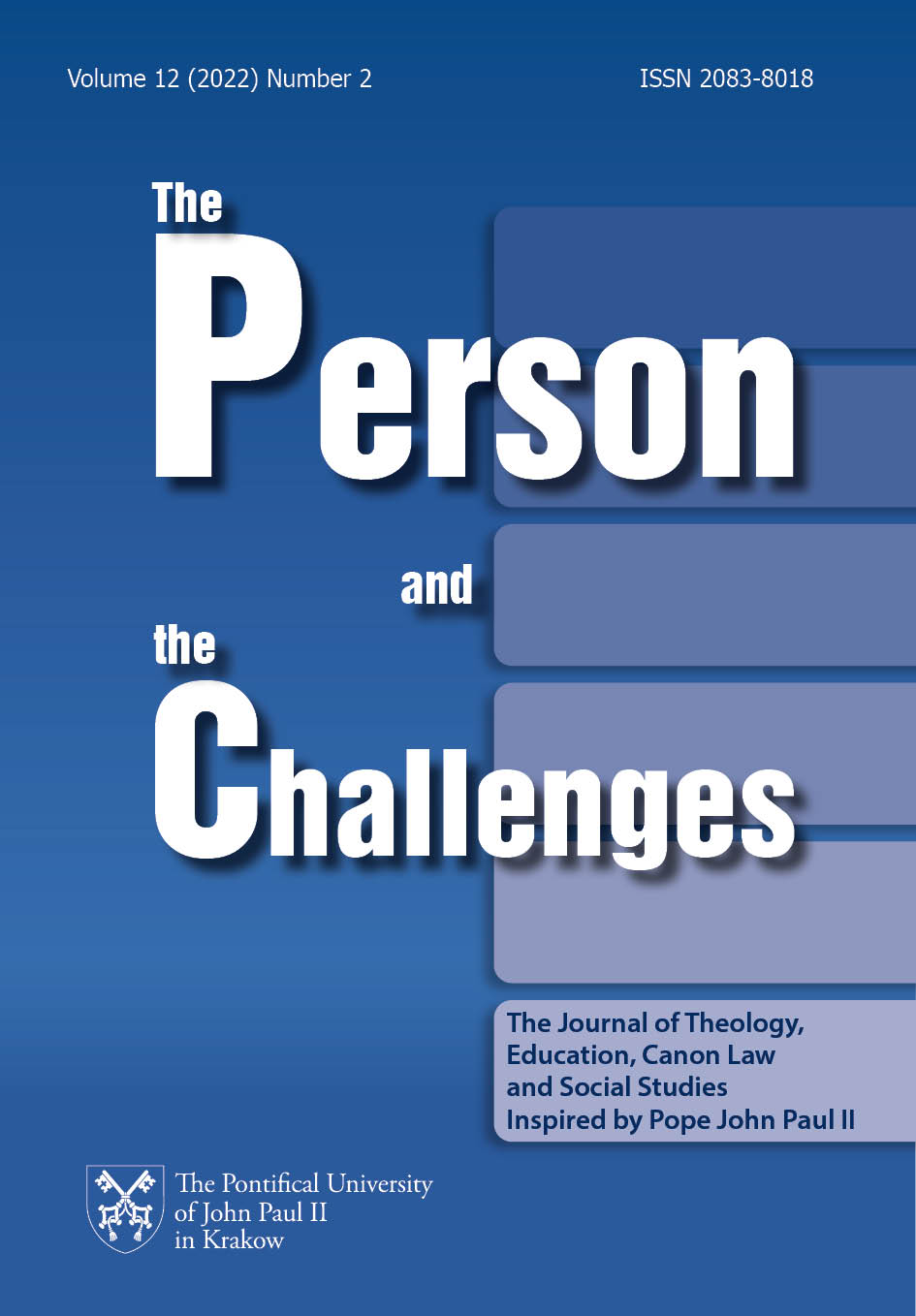Social Pedagogy Training in Poland and Hungary
DOI:
https://doi.org/10.15633/pch.12209Keywords:
social pedagogy, training, Poland, HungaryAbstract
In the present study we compare the formation and development of Polish and Hungarian social pedagogy. The main aspects of the comparison are the principal stages in the history of social pedagogy, the development of training, and the current situation in Hungary and Poland.
The history of social pedagogy can be divided into three stages, following key events in the history of Central and Eastern Europe, as these historical events had an impact on the appearance and development of social pedagogy. The first stage is the early period, in the era before 1945, the second is the period after 1945, when the number of orphaned children increased significantly after the second World War and communism determined the socio-economic development of both Poland and Hungary. The third period started after 1989 when, after the collapse of communism, the development of both countries was placed on new socio-economic foundations, and new social problems appeared in the subsystems of society, which were partly addressed by social pedagogical solutions. In what follows, we give a brief overview of the 20th century history of Polish and Hungarian social pedagogy, the initial period of its formation.
References
Budai I., Csoba J., Goldmann R., A szociális képzések magyarországi fejlődésének főbb állomásai, “Esély” 2 (2006), pp. 49–70.
Cichosz M., Kształtowanie się dyscypliny – główne nurty polskiej pedagogiki społecznej w ujęciu historycznym, in: E. Marynowicz-Hetka (ed.), Pedagogika społeczna, vol. 2, Warszawa 2007, Wydawnictwo Naukowe PWN, pp. 20–39.
Csizmadia A., A szociális gondoskodás változásai Magyarországon, Budapest 1977, MTA Állam- és Jogtudományi Intézete.
Juha H., Social Pedagogical Eyes in the Midst of Diverse Understandings, Conceptualisations and Activities, “International Journal of Social Pedagogy” 1 (2012), pp. 3–16.
Kawula S., Pedagogika społeczna, in: T. Pilch (ed.), Encyklopedia Pedagogiczna XXI wieku, vol. 4, Warszawa 2005, Wydawnictwo Akademickie Żak, pp. 264–282.
Lepalczyk I., Helena Radlińska. Życie i twórczość, Toruń 2001, Wydawnictwo Adam Marszałek.
Marynowicz-Hetka E., Zerwanie i nieciągłość – atrybuty procesu instytucjonalizacji i dyscyplinaryzacji pedagogiki społecznej w Polsce, in: B. Kromolicka, A. Radziewicz-Winnicki, M. Noszczyk-Bernasiewicz (eds.), Pedagogika społeczna w Polsce po 1989 roku. Przemiany w nauce, obecność międzynarodowa, kręgi tematyczne prac badawczych, Katowice 2007, pp. 19–31.
Okoń W., Nowy Słownik Pedagogiczny, Warszawa 2004, Wydawnictwo Akademickie Żak.
Pilch T., Rozwój studiów pedagogicznych, in: J. Wołczyk, R. Wroczyński (eds.), Pedagogika i potrzeby społeczne, Warszawa 1974, Wydawnictwo Naukowe PWN, pp. 179–186.
Pilch T., Theiss W., Richard Wroczyński (1909–1987) – Life and Work, “Pedagogika Społeczna” 2 (2018), pp. 69–82.
Pornói I., A szociálpedagógia gondolata a századfordulón, “Szociálpedagógia” 12 (2018), pp. 7–14.
Rákó E., A gyermekvédelmi szakellátás helyzete, Debrecen 2011, Debreceni Egyetemi Kiadó. Smolińska-Theiss B., Pedagogika społeczna w Polsce z perspektywy zjazdów pedagogicznych, “Pedagogika Społeczna” 2 (2015), pp. 39–51.
Soós Zs., A szociális felsőoktatás fejlődése Nyugat-Európában és Magyarországon, in: E. Rákó, Zs. Soós (eds.), Kihívások és válaszok Tanulmányok a szociálpedagógia területéről, Debrecen 2017, Debreceni Egyetemi Kiadó, pp. 26–39.
Sroczyński W., Wybrane zagadnienia pedagogiki społecznej. Funkcja środowiskowa i socjalna, Warszawa 2010, Wydawnictwo Uniwersytetu Przyrodniczo-Humanistycznego in Siedlce.
Theiss W., Edukacja i zaangażowanie. Sto lat pedagogiki społecznej w Polsce (1908–2008). Wprowadzenie, “Pedagogika Społeczna” 2 (2018), pp. 9–34.
Theiss W., Helena Radlińska: powrót do źródeł i tradycji w ponowoczesnym świecie, “Pedagogika Społeczna” 7 (2018), pp. 113–123.
Theiss W., Ryszard Wroczyński (1909–1987) i jego koncepcja pedagogiki społecznej, in: S. Kawula (ed.), Pedagogika Społeczna. Dokonania – aktualność – perspektywy, Toruń 2003, Wydawnictwo Adam Marszałek, pp. 228–240.
Tordainé Vida K., A magyar szociálpedagógia, in: K. Tordainé Vida (ed.), Ifjúság, munka, kultúra, Esztergom 2005, Vitéz János Római Katolikus tanítóképző Főiskola Tudománynapi Kötetei, pp. 175–183.
Downloads
Published
Issue
Section
License
Copyright (c) 2022 Grzegorz Godawa, Erzsébet Rákó

This work is licensed under a Creative Commons Attribution 4.0 International License.
Authors who publish with this journal agree to the following terms:
- Authors retain the copyright and full publishing rights without restrictions, and grant the journal right of first publication with the work simultaneously licensed under a Creative Commons Attribution 4.0 International License that allows others to share the work with an acknowledgement of the work's authorship and initial publication in this journal.
- Authors are able to enter into separate, additional contractual arrangements for the non-exclusive distribution of the journal's published version of the work (e.g., post it to an institutional repository or publish it in a book), with an acknowledgement of its initial publication in this journal.
- Authors are permitted and encouraged to post their work online (e.g., in institutional repositories or on their website) prior to and during the submission process, as it can lead to productive exchanges, as well as earlier and greater citation of published work (See The Effect of Open Access).

